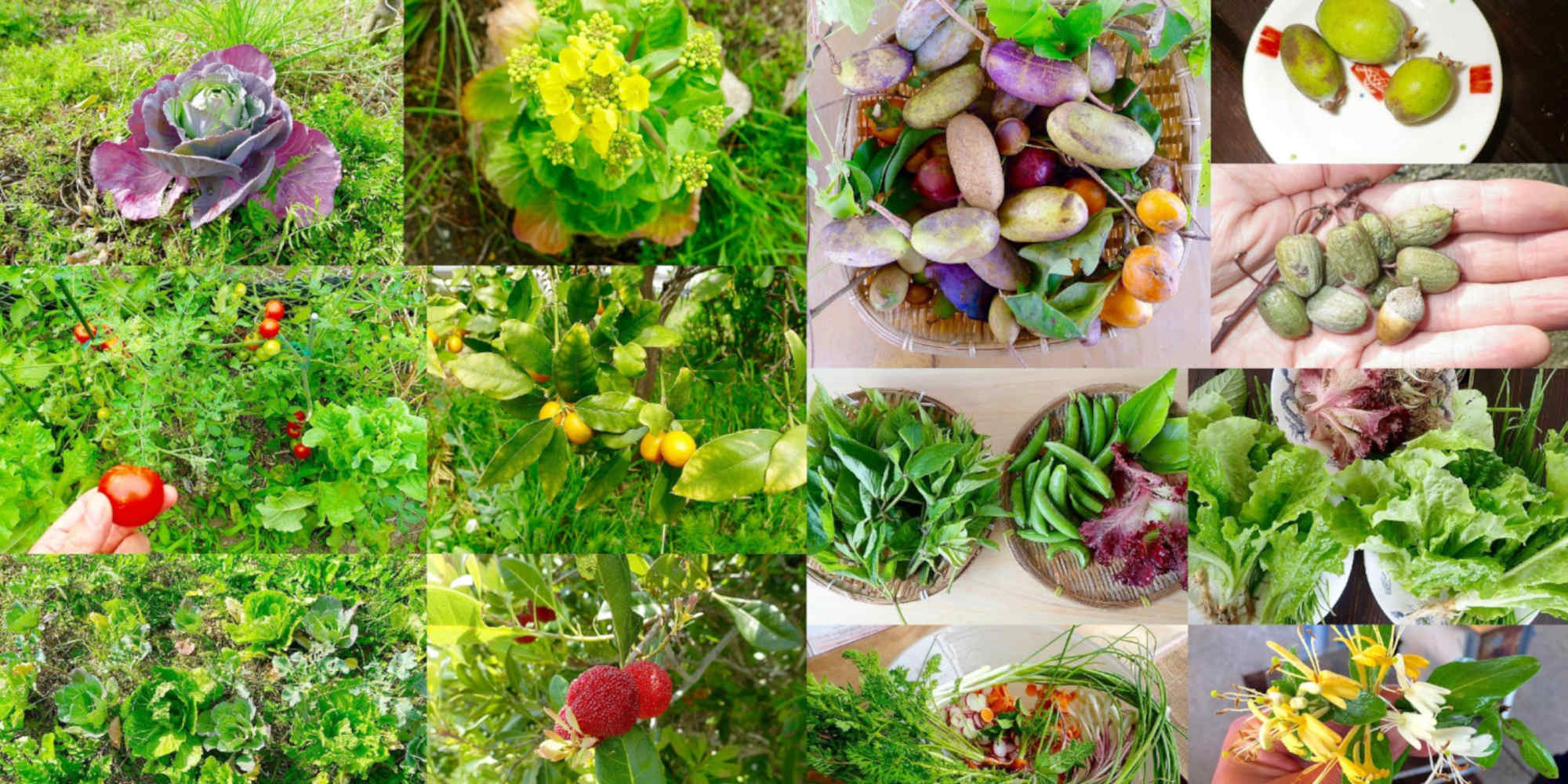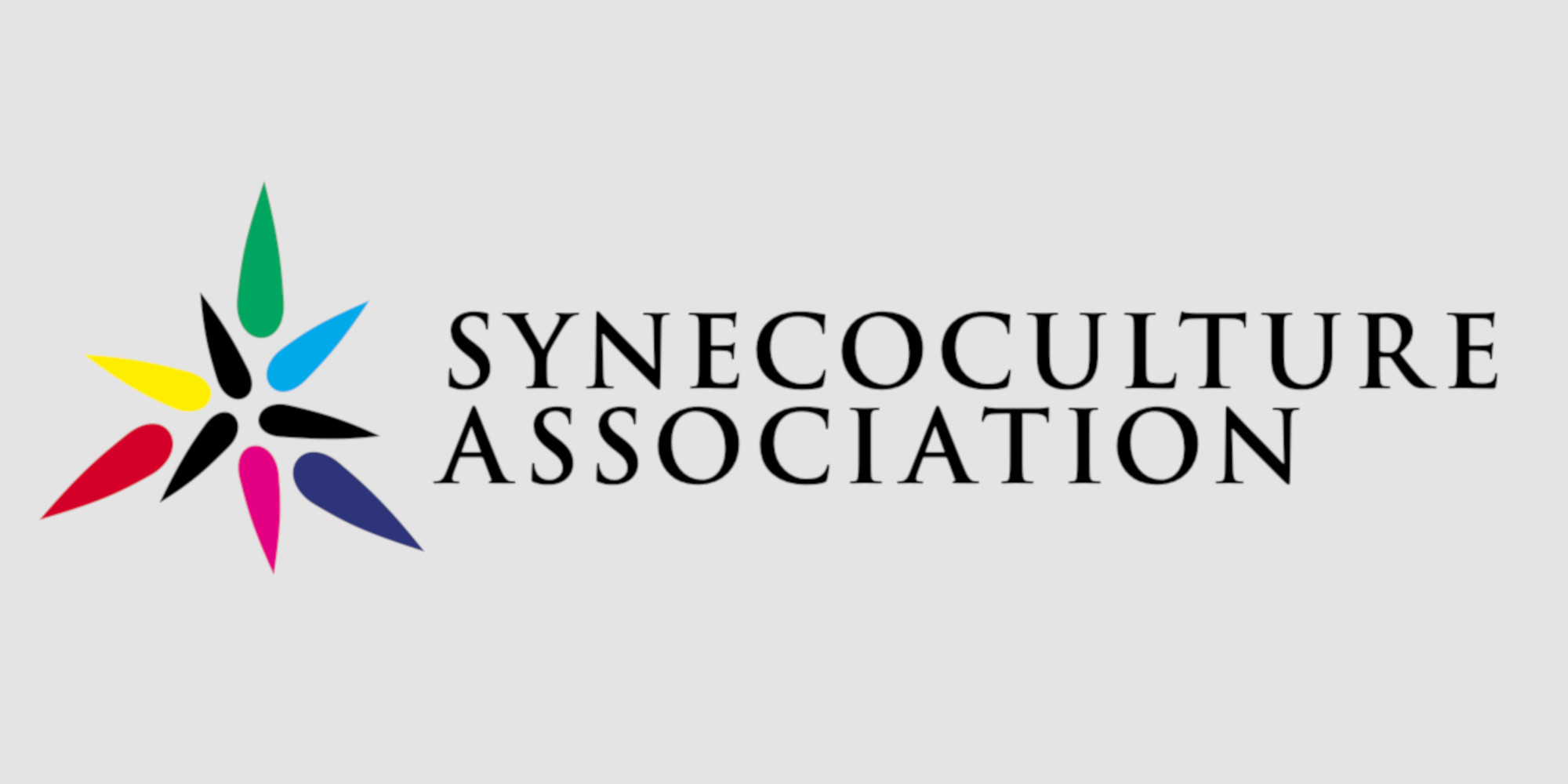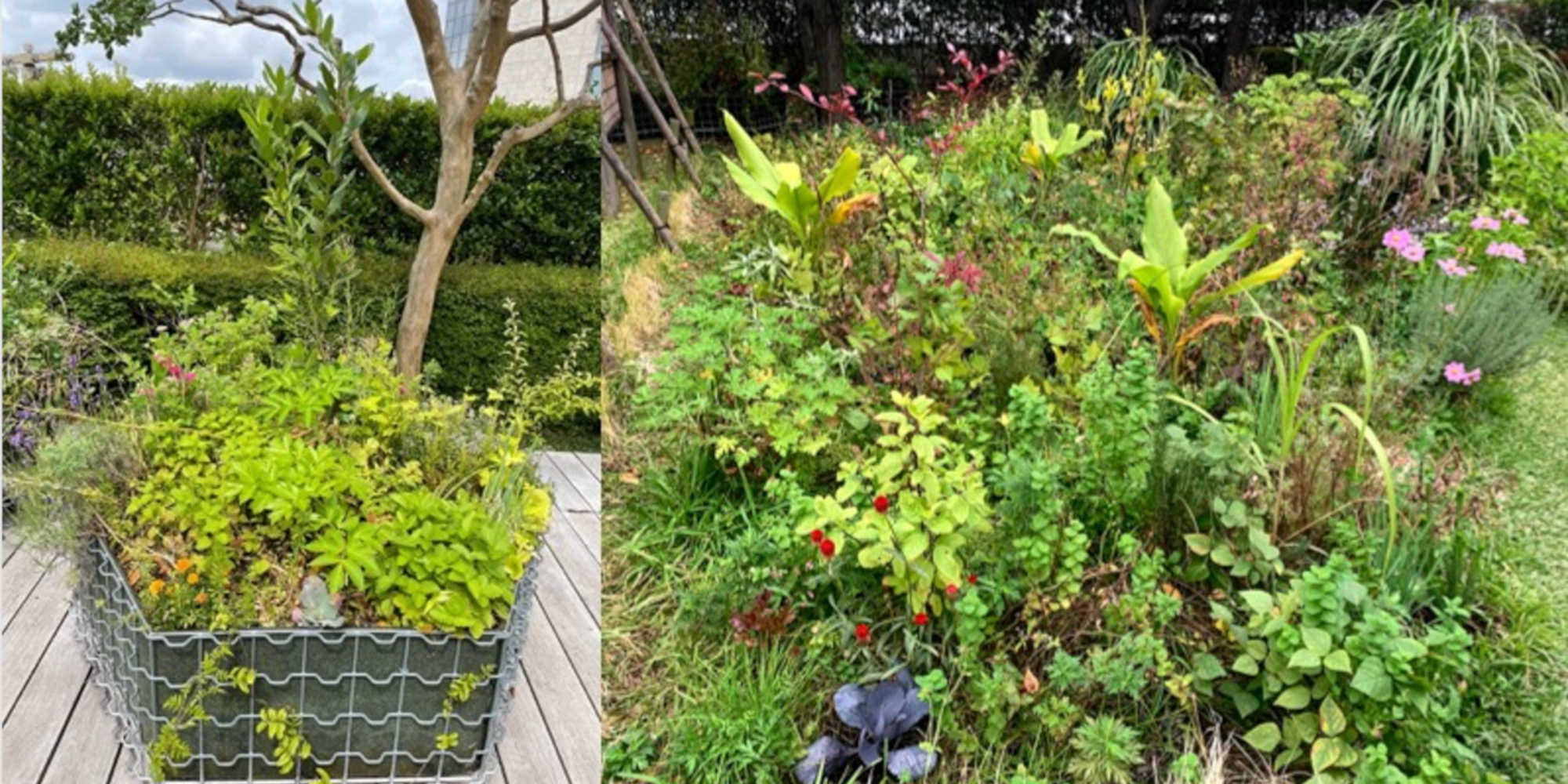Synecoculture shifts food production, which accounts for most of the loss of biodiversity, from a small scale to an activity that builds up the entire ecosystem. Without the use of any plowing, fertilizers or agricultural chemicals, hundreds of species of useful plants are planted together in a dense mixture and grow by utilizing the self-organizing power of the ecosystem. In this way, human activities actively intervene to achieve biodiversity and ecosystem functions beyond the natural state. Synecoculture and augmented ecosystems are more effective in environments where conventional monoculture is difficult. In a demonstration project in West Africa, Synecoculture succeeded in restoring forest ecosystems on hard, desertified land in one year. In addition to food production and desert greening, augmented ecosystems are also expected to provide solutions to problems such as job creation, improved nutrition and increased public safety. We are now working on creating an educational platform to enhance ecological literacy.
Born in 1979. Funabashi studied biology and complexity science at the University of Tokyo, then obtained his PhD in physics from CREA, Ecole Polytechnique, France. He is a licensed veterinarian. His goal is to establish a new approach to food production, which he calls “Synecoculture,” symbiotic agricultural methods based on biodiversity, since agriculture is an area where sustainability, environmental and human health issues overlap. He hopes to develop this into a new paradigm capable of restoring both human societies and ecosystems. He also applies the principles of Synecoculture to living areas and urban spaces as he endeavors to deploy “augmented ecosystems” to promote biodiversity and to maximize the potential of multiple ecosystem services.







